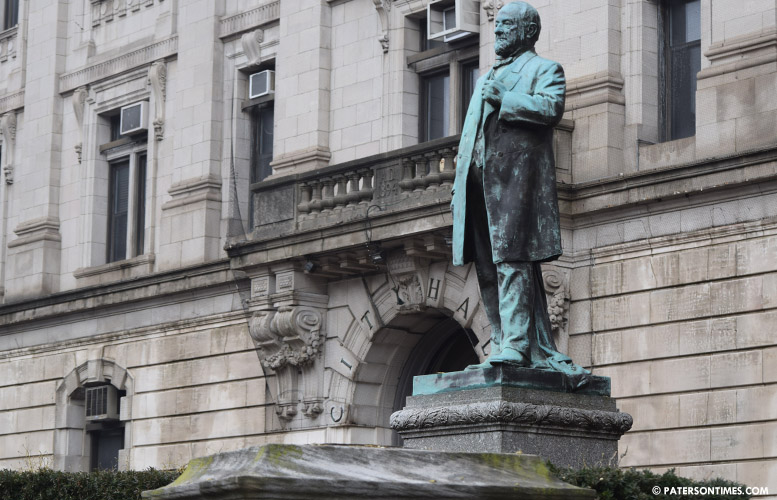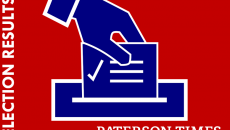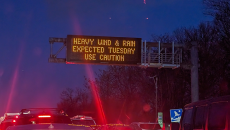A consultant outlined several options to the City Council on Tuesday night to revamp the controversial sewer utility.
Andy Kricun of Moonshot Missions, consulting firm hired by Paterson to conduct an analysis of the sewer changes, suggested three options:
- Flat rates
- Consumption-based rates
- Mixed rates or hybrid methods.
Kricun recommended the city go with the hybrid option. He described it as a “compromised approach.”
Several council members preferred the flat rates option.
“I think the simplest way to do it is to do a flat rate,” said council president Flavio Rivera. “Not all the water goes into the sewer. You shouldn’t have to pay twice to water your lawn.”
Paterson currently uses water usage to calculate sewer bills.
But the flat rates option could result in big increases for 1-3 family users, said the consultant.
“If you go with the flat rate single families will see their rates go up by quite a lot,” said Kricun. A single family would pay $358, up from $250, according to the consultant’s report.
Rivera disputed Kricun’s assertion. He said the hybrid approach could lead to some single-family users paying much higher than the estimated figure.
Councilwoman Lilisa Mimms said she wants to make sure the information from the administration is accurate. Council members previously accused Sayegh’s business administration Kathleen Long of misleading them with her sewer presentations before the council adopted an ordinance creating the utility.
“Hopefully, we can find common ground on this matter,” said mayor Andre Sayegh before the consultant’s presentation. “We ask that you approach it with an open mind.”
Sayegh only hired the consultant after the City Council repealed the sewer utility. Council members then decided to undo their repeal.
Sayegh and his team bungled the implementation of the sewer reforms that led to complaints and a protest.
“Since this utility was created it’s been a nightmare for homeowners,” said councilman Alex Mendez.
Kricun’s report acknowledged initial “billing problems.” But it also states “several billing improvements” were implemented to resolve those problems.
Kricun also focused on shrinking the “revenue pie” in his 21-page analysis report.
“Look for opportunities to reduce your revenues as much as possible and then seek a fair and equitable way of dividing the pie,” said Kricun.
Kricun suggested a series of steps to reduce expenses for the sewer system:
- Keep volume billing for commercial and nonprofit users
- Increase sewer connection fee
- Reduce cost of sewer system by securing federal and state funding for water infrastructure improvements
- Install meters to measure flow from neighboring towns that connect to the Paterson sewer system
- And impose a stormwater fee.
“40 percent of your sewage comes from impervious surfaces (because of the combined sewer system), but nobody is paying for that – if nobody is paying for it then everybody’s paying for it,” said Kricun.
A stormwater fee could be imposed on users with large parking lots.
Former councilman Kenneth Morris pointed out the stormwater fee might be problematic. Presently, the city requires builders to take steps, such as installing seepage pits, to prevent stormwater from impervious surfaces from flowing into the sewer system.
Council members will decide whether to amend the measure that created the sewer utility to implement any of the proposed options.
Email: [email protected]



